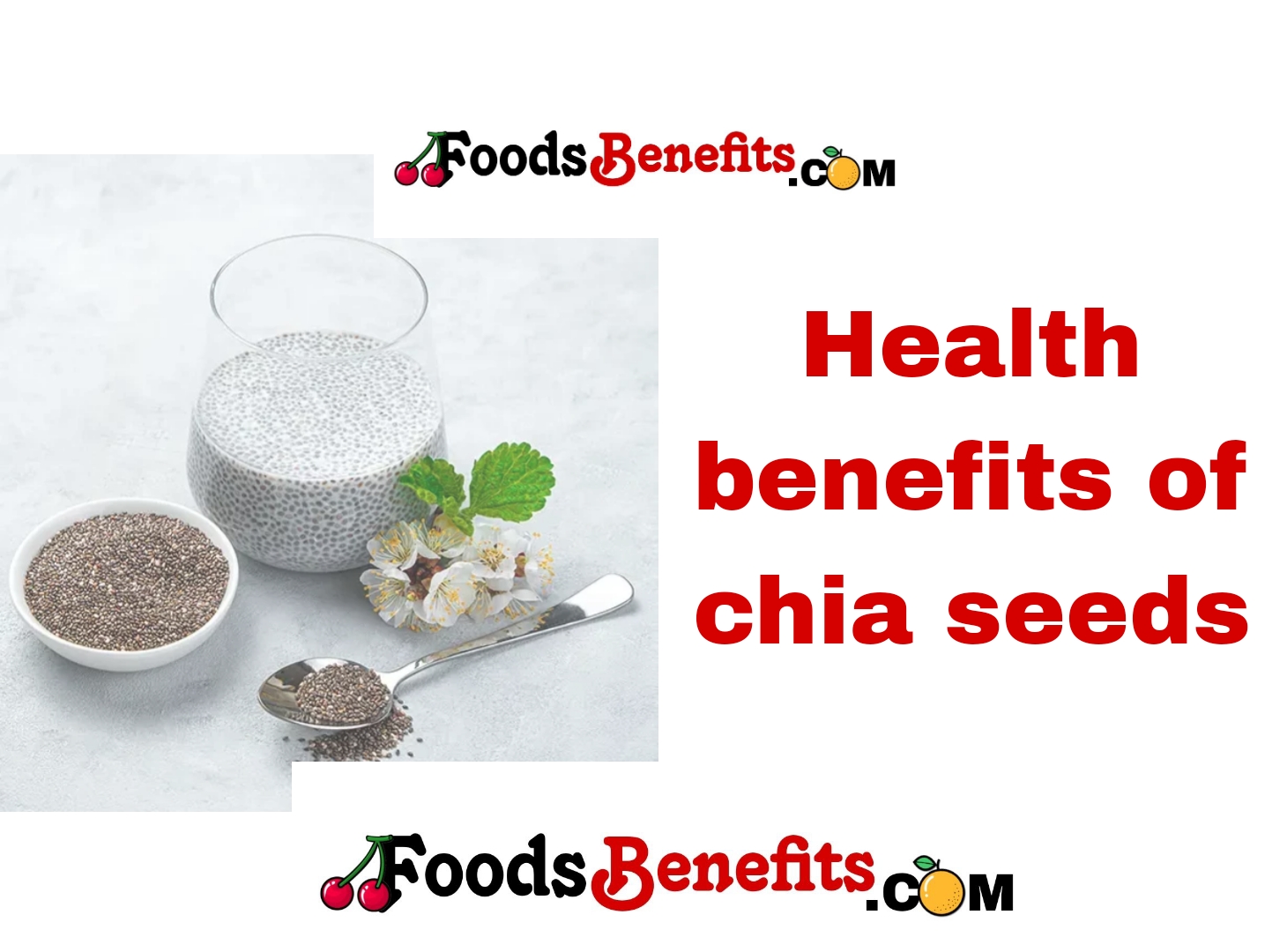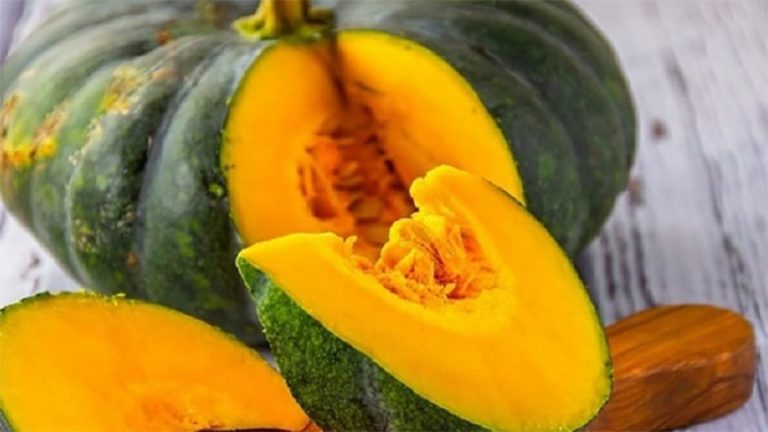Health Benefits of Chia Seeds: A Superfood Powerhouse
In today’s health-conscious world, superfoods have taken center stage in the quest for better nutrition, and chia seeds have earned a well-deserved place among them. These tiny black and white seeds, once a staple in ancient Aztec and Mayan diets, have made a major comeback in modern nutrition for their dense nutrient profile and versatility.
What Are Chia Seeds?
Chia seeds come from the plant Salvia hispanica, native to Central America. Despite their small size, they pack a massive nutritional punch. They are rich in omega-3 fatty acids, fiber, protein, antioxidants, and essential minerals like calcium, magnesium, and iron.
Nutritional Profile of Chia Seeds (per 100 grams)
- Calories: 486 kcal
- Protein: 16.5 g
- Fat: 30.7 g (including ~17.8 g Omega-3s)
- Carbohydrates: 42 g (including 34.4 g Fiber)
- Calcium: 631 mg
- Iron: 7.7 mg
- Magnesium: 335 mg
- Phosphorus: 860 mg
1. Excellent Source of Plant-Based Omega-3
Chia seeds are one of the best plant-based sources of alpha-linolenic acid (ALA), a type of omega-3 fatty acid essential for heart and brain health.
2. Supports Digestive Health
With over 30% fiber content, chia seeds help regulate bowel movements, prevent constipation, and support gut-friendly bacteria.

3. Aids in Weight Management
Chia seeds expand in the stomach, promoting satiety and reducing overall food intake. They’re great for appetite control and weight loss.
4. Helps Maintain Heart Health
They help lower bad cholesterol, reduce blood pressure, and improve overall cardiovascular function thanks to their omega-3 and fiber content.
5. Stabilizes Blood Sugar Levels
Chia seeds slow the absorption of sugar, helping manage blood glucose levels effectively—ideal for those with diabetes or insulin sensitivity.
Also read👇
Amazing Health Benefits Of Banana
6. Enhances Bone Strength
Rich in calcium, magnesium, and phosphorus, chia seeds support strong bones and prevent conditions like osteoporosis.
7. Boosts Energy and Metabolism
They offer a steady release of energy, making them popular among athletes and those with active lifestyles.
8. Rich in Antioxidants
Antioxidants help fight free radicals, reduce inflammation, and protect your skin and cells from damage.
9. Supports Skin Health
Omega-3s and antioxidants help hydrate skin, reduce signs of aging, and maintain elasticity and glow.
10. Good Source of Plant Protein
With 16 grams of protein per 100 grams, chia seeds support muscle repair and serve as a great meat-free protein option.
11. May Improve Mental Focus
Omega-3 fatty acids enhance cognitive function and may help reduce anxiety and support emotional well-being.
12. Helps with Detoxification
Fiber helps bind and flush out toxins through the digestive system, keeping your body clean and balanced.
How to Consume Chia Seeds
- Soak in water overnight (chia water)
- Add to smoothies, juices, or oatmeal
- Make chia pudding with milk or yogurt
- Sprinkle on cereals, salads, or toast
- Use in baking recipes like muffins or granola bars
Tip: Always soak chia seeds to avoid digestive discomfort and improve nutrient absorption.
Recommended Daily Intake
1–2 tablespoons (15–30 grams) per day is sufficient for most people. Always consume with adequate water.
Possible Side Effects of Chia Seeds
- May cause bloating, gas, or constipation if overconsumed dry
- Rare allergic reactions in sensitive individuals
- Can interact with blood pressure or blood thinner medications
- Risk of choking if not soaked properly
Who Should Avoid or Limit Chia Seeds?
People with allergies to sesame/mustard seeds, digestive issues, or on certain medications should consult a doctor before use.
Final Thoughts
Chia seeds are an easy, powerful way to boost your nutrition. From heart health to digestive balance, these super seeds can benefit almost every part of your body. Just remember: moderation and proper preparation are key.











